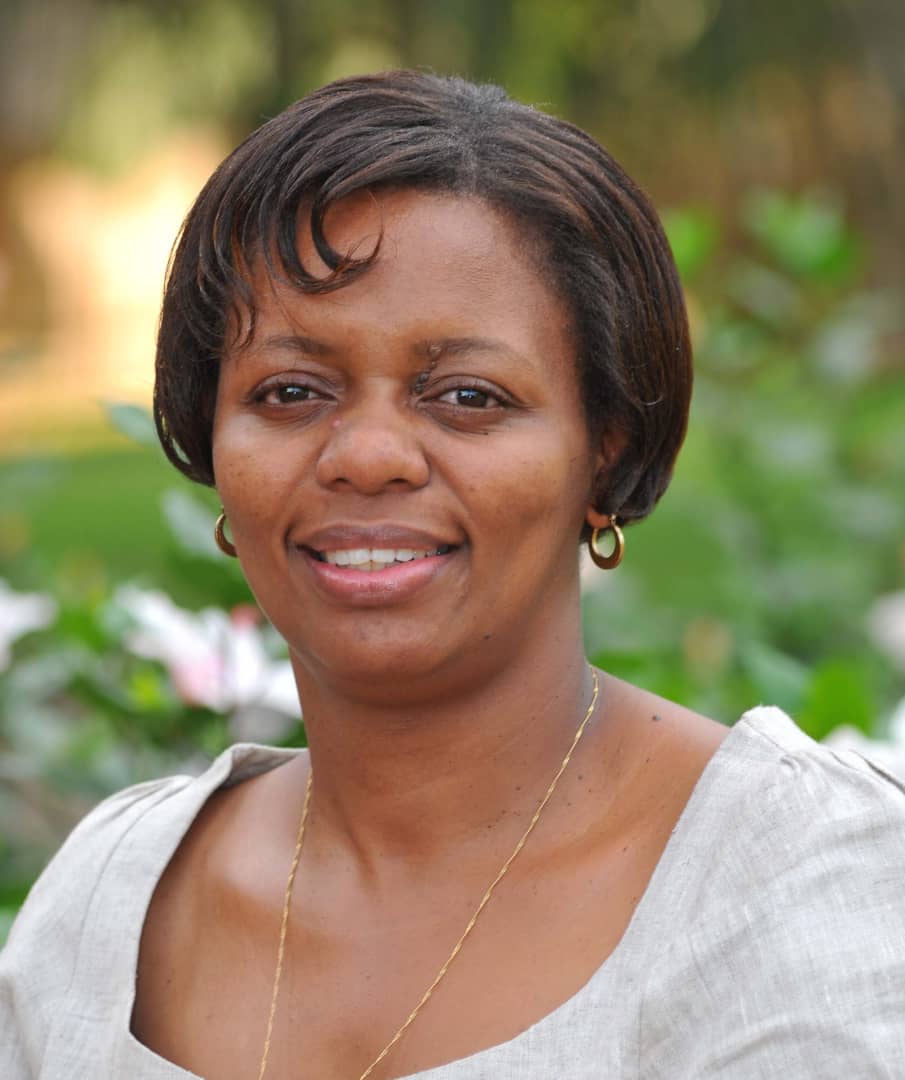
KAMPALA – As the world gears up to mark the 25th anniversary of the fourth World Conference on Women and adoption of the Beijing Declaration and Platform for Action, it is important to take stock of the journey so far and map out what lies ahead.
The Beijing+25 marks the 25th anniversary of when 17,000 delegates and 30,000 activists from across the world, met in the Chinese capital Beijing to attend the fourth World Women’s Conference.
That meeting was one of the largest to promote women’s rights ever held.
The year 2020 is therefore a pivotal year for the accelerated realization of gender equality and the empowerment of all women and girls, everywhere.
But even as Uganda joins the rest of the world to celebrate the day, there is little to celebrate for the Ugandan woman.
As a signatory to international and regional commitments to gender equality and women’s empowerment like the Convention on the Elimination of all Forms of Discrimination against Women (CEDAW), Beijing Platform of Action (BPA), the Millennium Development Goals (MDGs) and the Sustainable Development Goals (SDGs), it is incumbent upon Uganda to do better.
That is not to say that it is all dark and gloom.
Ugandan women are still not fully participating in decision making and leadership. Women’s equal participation in decision-making is not simply a demand for justice or democracy but a necessary condition for women’s interests to be taken into account.
And, without the active participation of women and the incorporation of women’s perspectives at all levels of decision-making, the goals of gender equality, sustainable development and peace cannot be achieved.
Having women in leadership is a critical step towards challenging patriarchal forms of oppression that constrain women and girls’ participation in public spheres of life.
However, the situation in Uganda does not make for good reading as women are still excluded from the top leadership positions, women are still major victims of election violence and women still not do not fully participate in leadership and decision making.
The participation of women in leadership and decision-making structures and processes remains a central issue in gender equality activism.
In 2014, none of the topmost 6 Executive positions were occupied by women. These included the President, Vice President, Prime Minister and all the Deputy Prime Ministers.
With the exception of the 2005 cabinet, where Uganda had the first ever female Vice President on the African continent, Uganda’s top most leadership remains masculine to-date.
The situation is worse at the Local Government level as there is only 1% of chairpersons at the different levels (LC1 to LCV), representing a limited number of women that are actually wielding political power.
Violence against Women (VAW) is a key inhibitor to their participation in politics.





